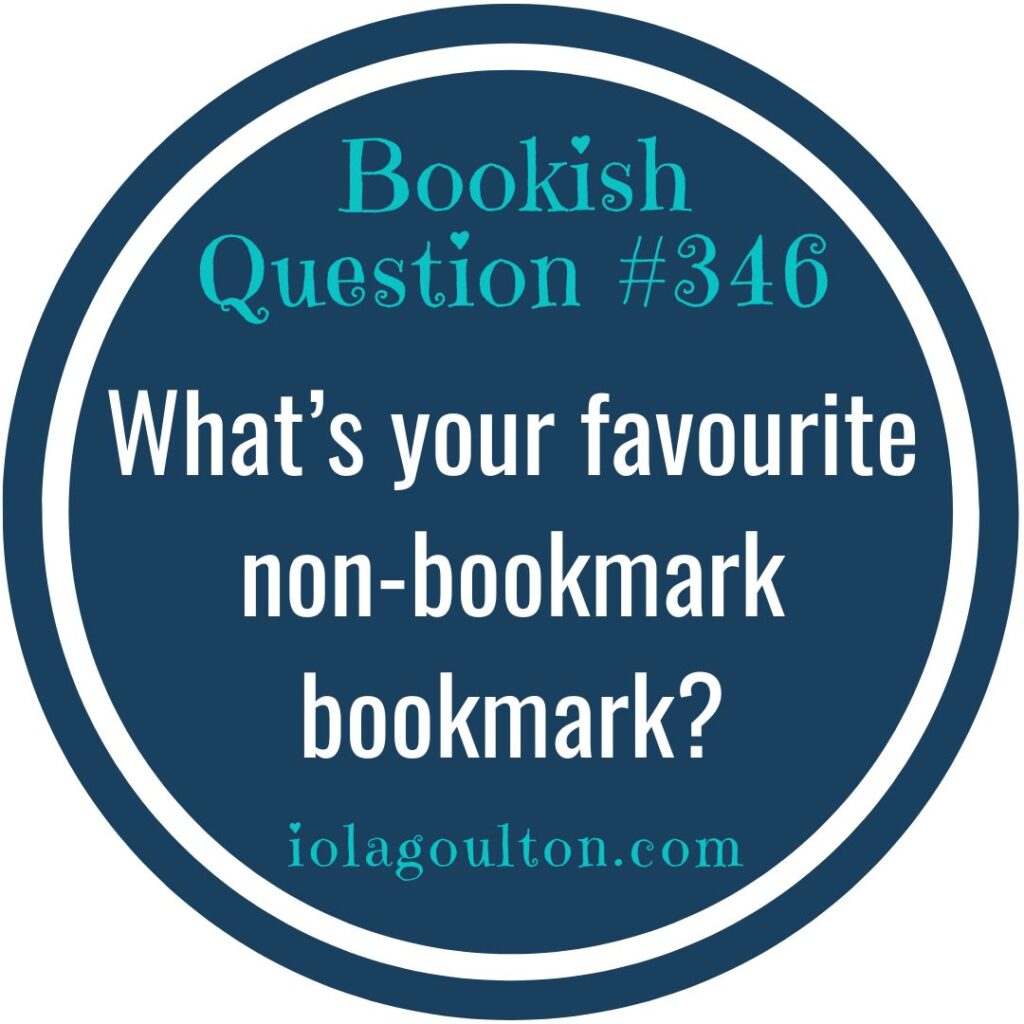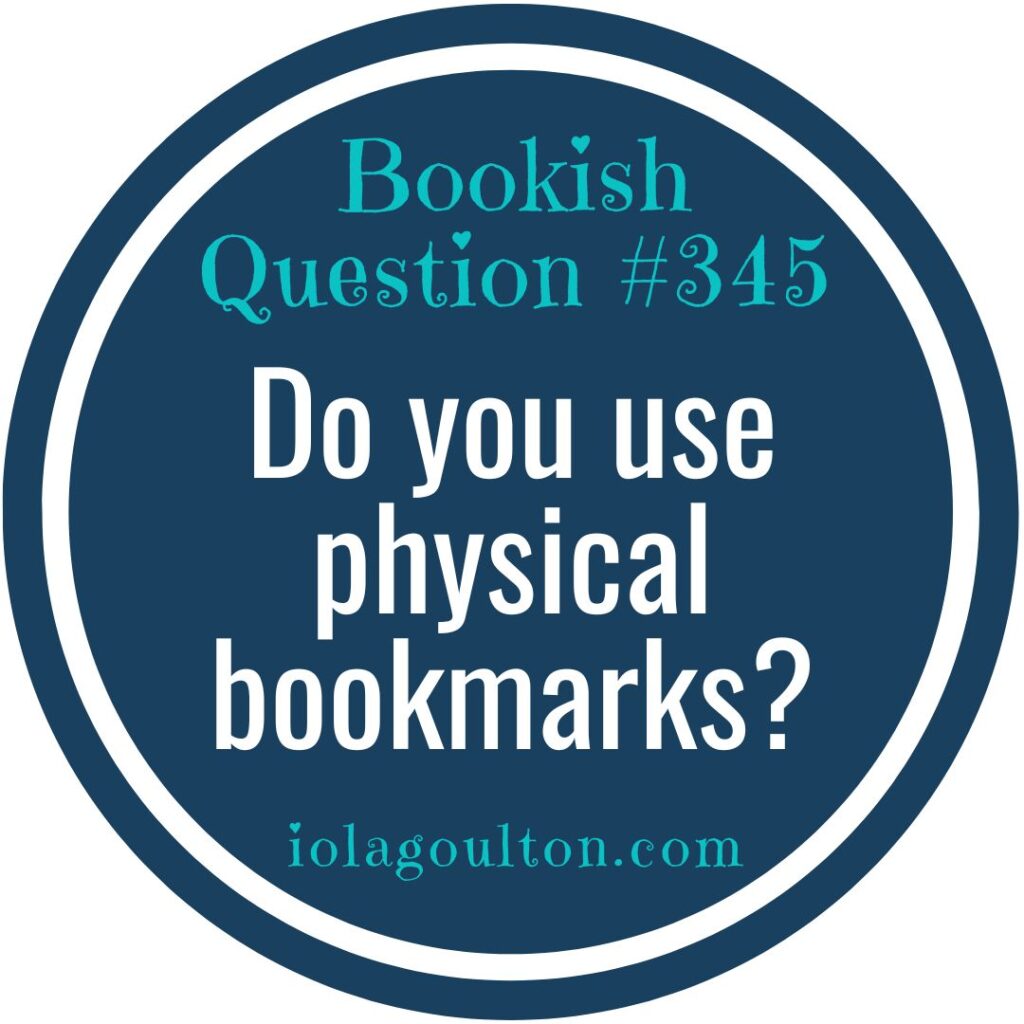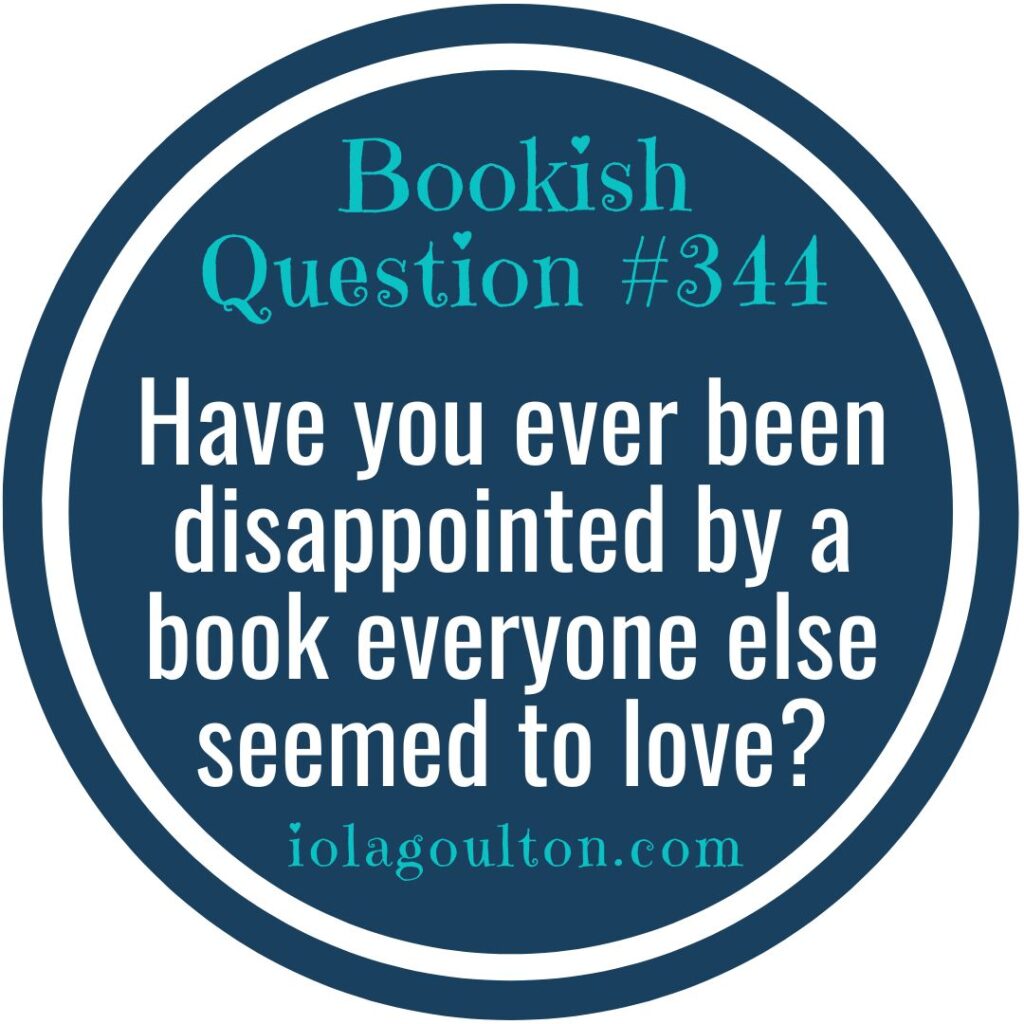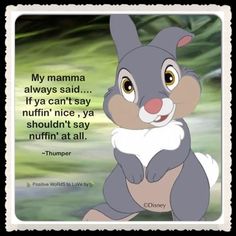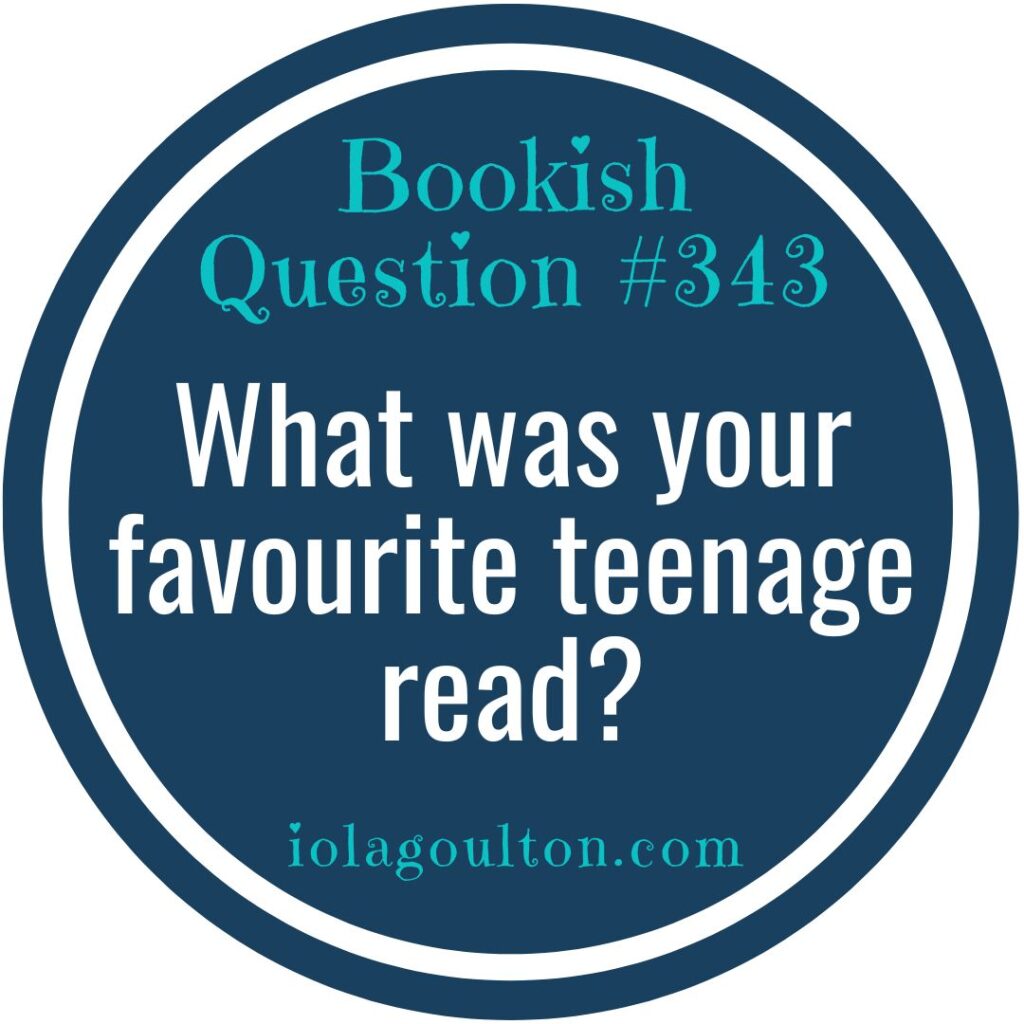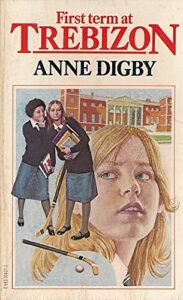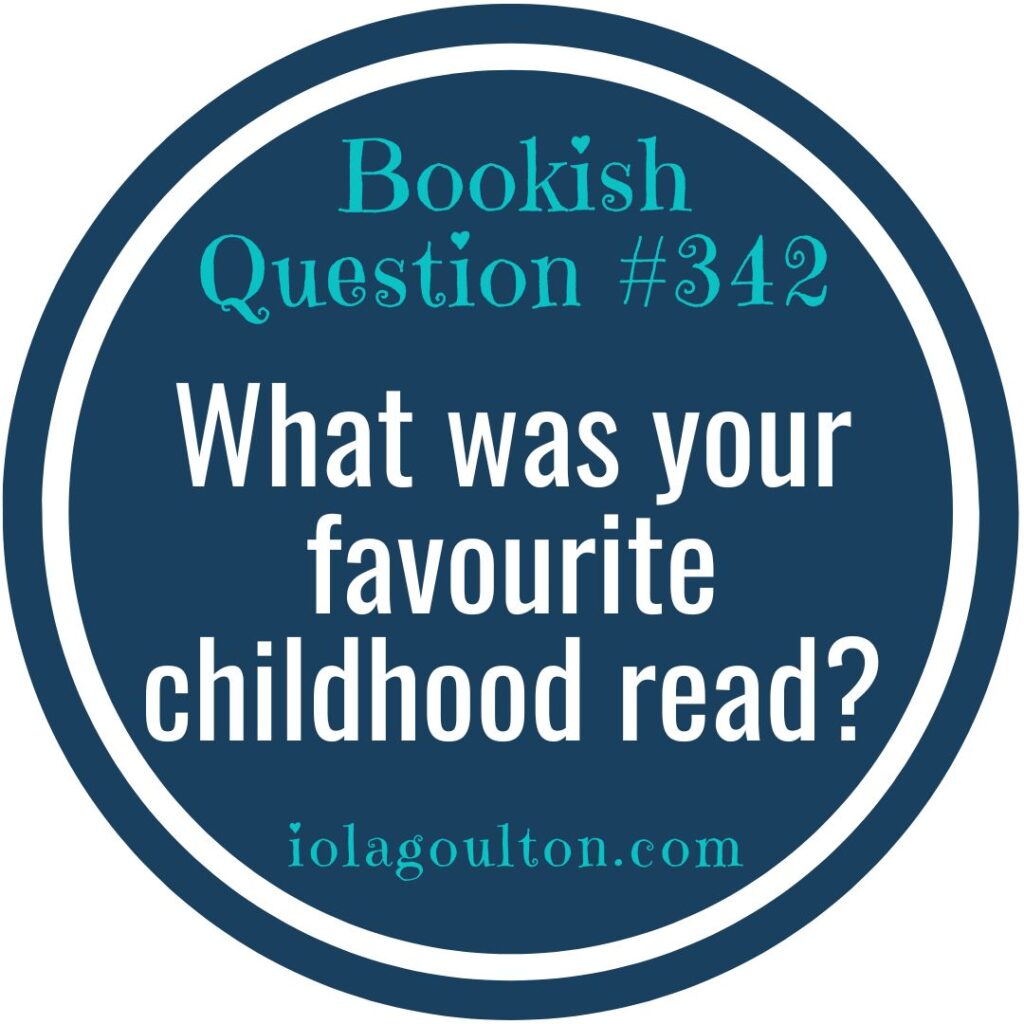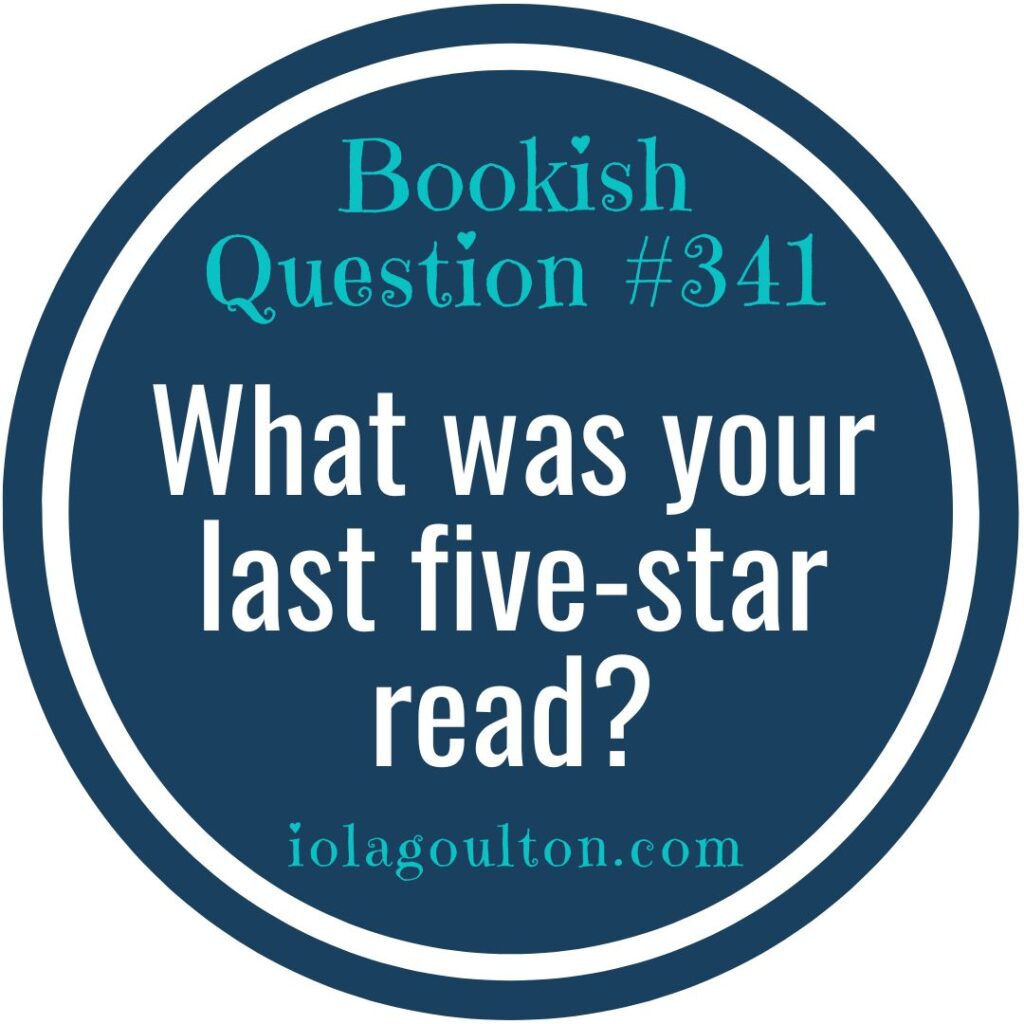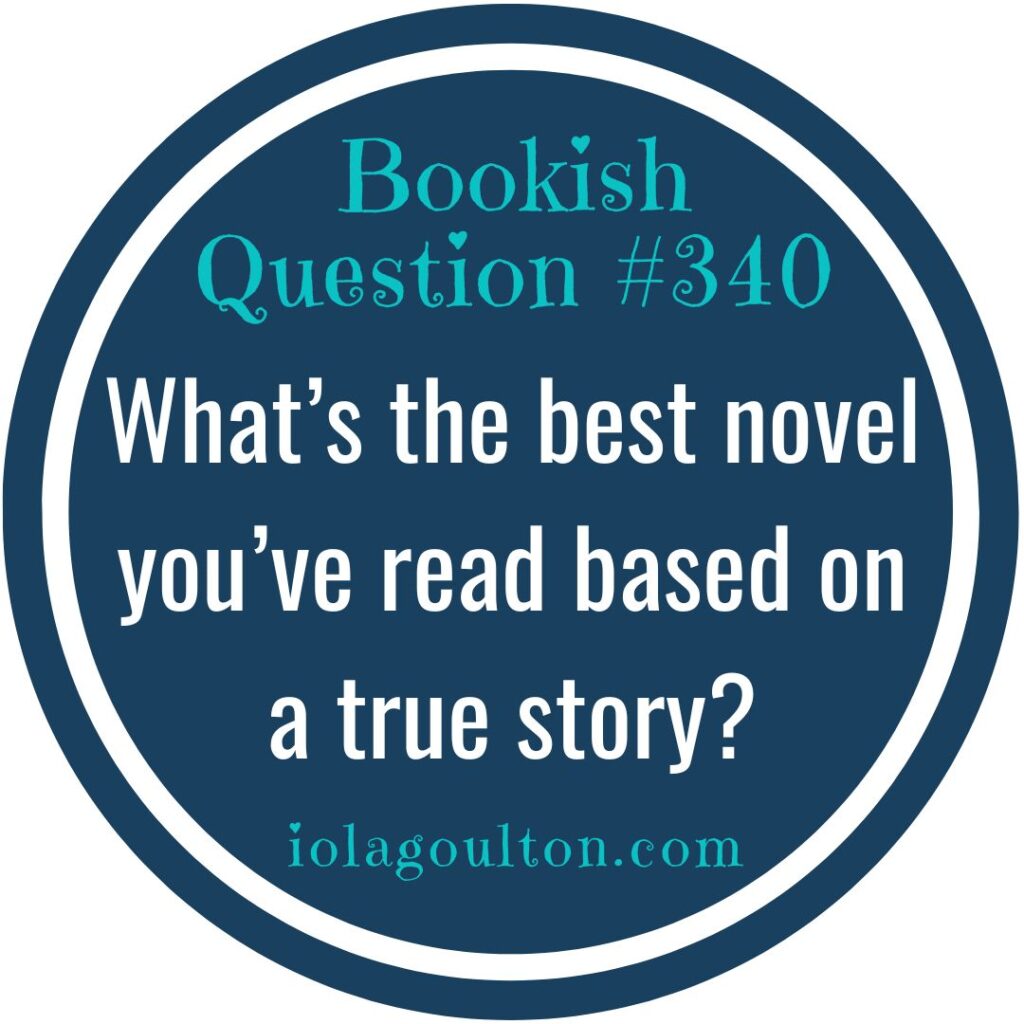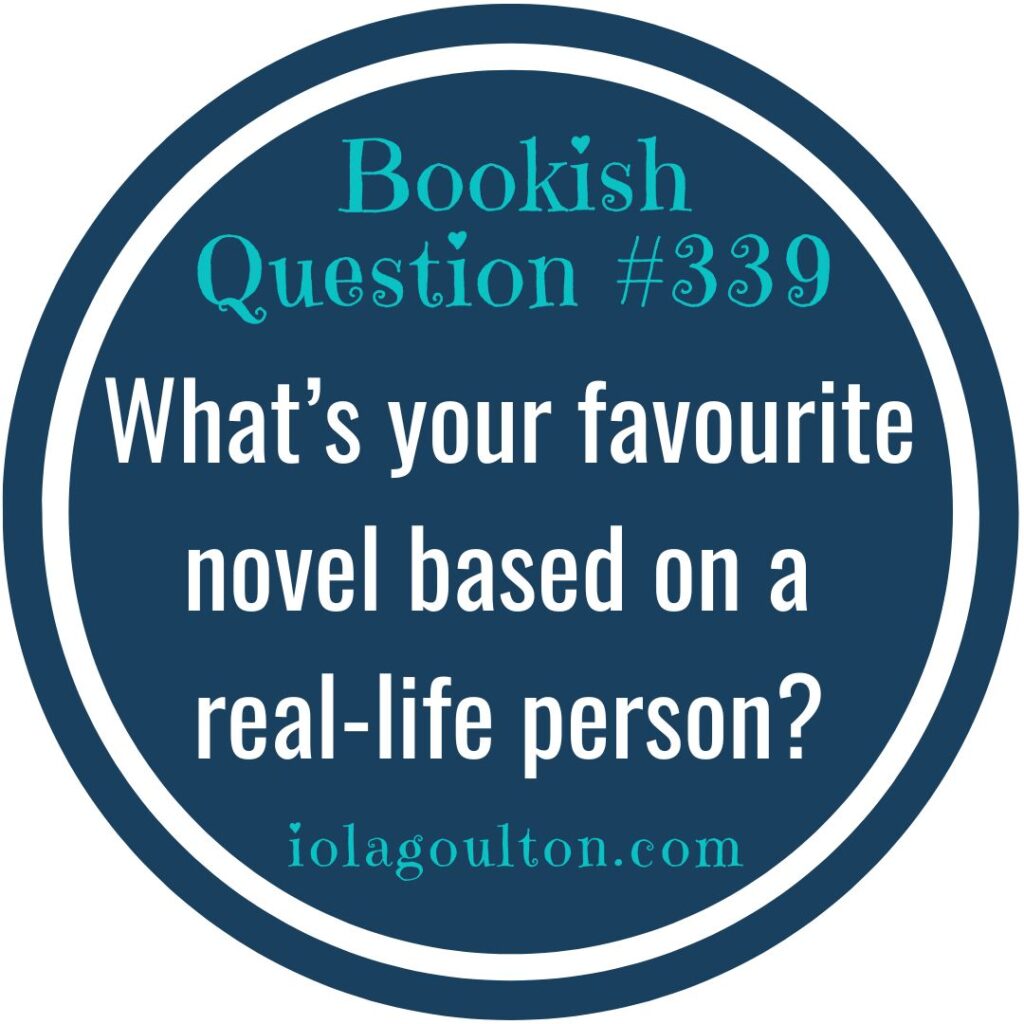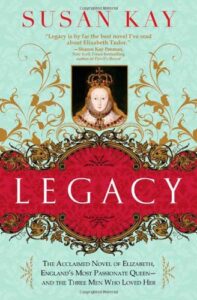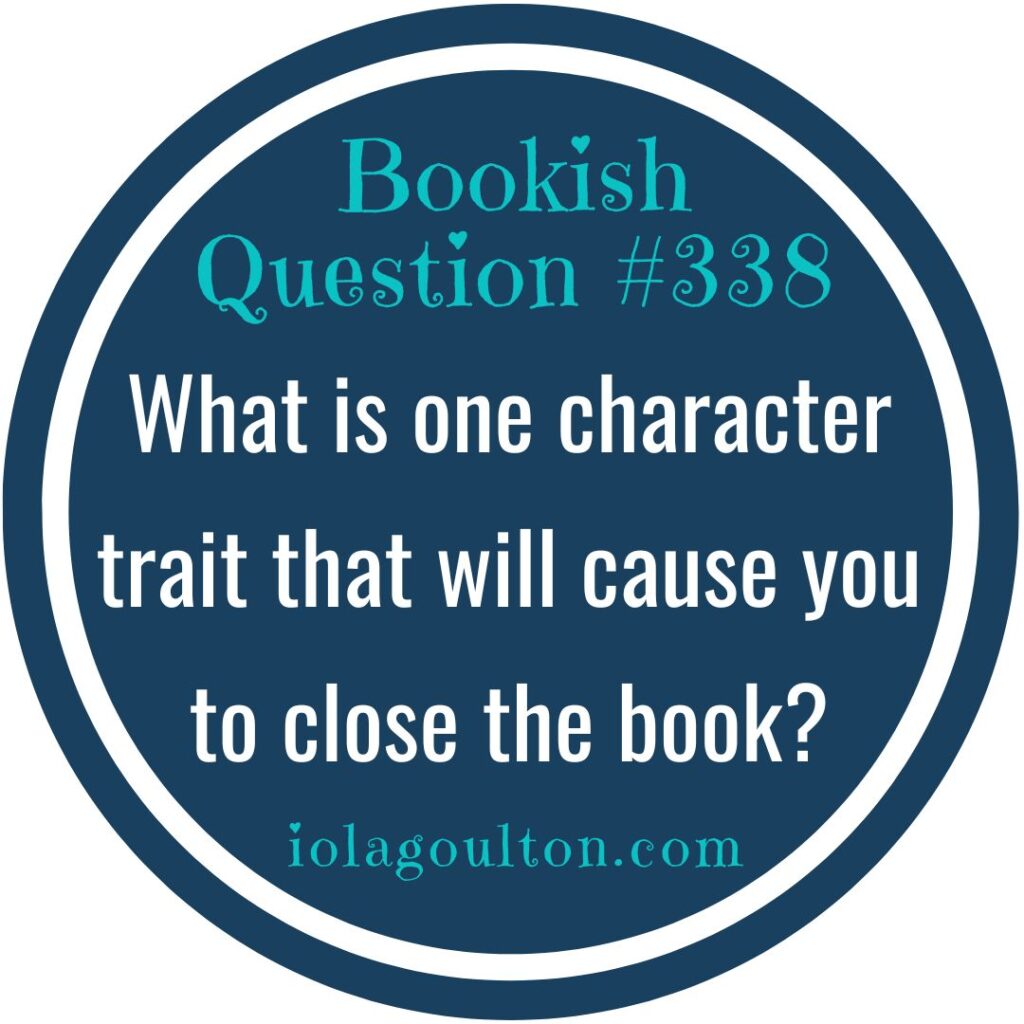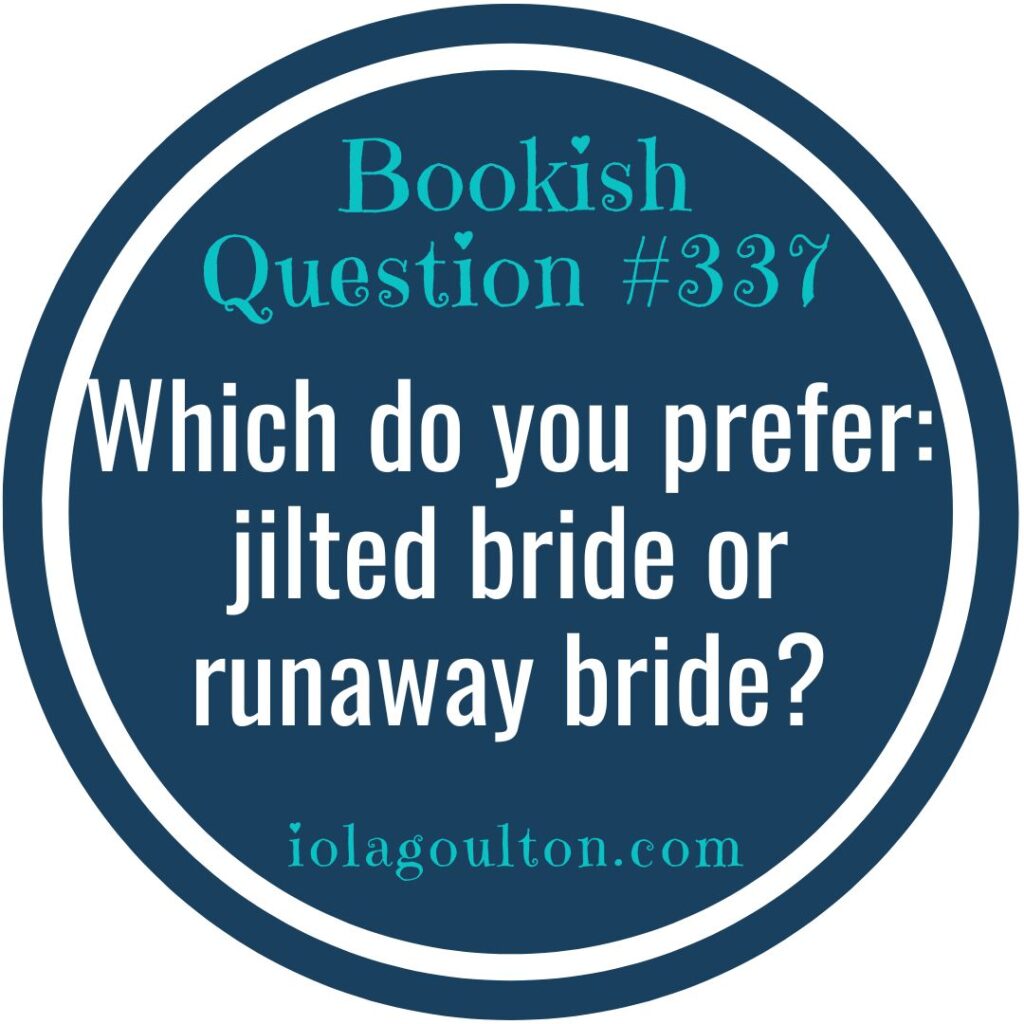I tend not to read novels based on true stories. I think that’s because I like to not know what’s going to happen during the story (even if I can guess how the novel is going to end, which is pretty much the case with every romance novel ever published).
If a novel is based on a true story, then I might know (or can Google) what’s going to happen.
(And I have done so.)
So if I do read novels based on true stories, I’d rather not know until I finish reading.
(Which might have been why I stopped reading stories set in Tudor England.)
I knew nothing about the history behind Before We Were Yours by Lisa Wingate until I read the book.
I’d never heard of Georgia Tann or the Tennessee Children’s Home Society orphanage scandal, which made the story a powerful read.
Here’s the Amazon description:
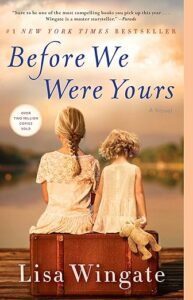 Memphis, 1939. Twelve-year-old Rill Foss and her four younger siblings live a magical life aboard their family’s Mississippi River shantyboat. But when their father must rush their mother to the hospital one stormy night, Rill is left in charge—until strangers arrive in force. Wrenched from all that is familiar and thrown into a Tennessee Children’s Home Society orphanage, the Foss children are assured that they will soon be returned to their parents—but they quickly realize the dark truth. At the mercy of the facility’s cruel director, Rill fights to keep her sisters and brother together in a world of danger and uncertainty.
Memphis, 1939. Twelve-year-old Rill Foss and her four younger siblings live a magical life aboard their family’s Mississippi River shantyboat. But when their father must rush their mother to the hospital one stormy night, Rill is left in charge—until strangers arrive in force. Wrenched from all that is familiar and thrown into a Tennessee Children’s Home Society orphanage, the Foss children are assured that they will soon be returned to their parents—but they quickly realize the dark truth. At the mercy of the facility’s cruel director, Rill fights to keep her sisters and brother together in a world of danger and uncertainty.
Aiken, South Carolina, present day. Born into wealth and privilege, Avery Stafford seems to have it all: a successful career as a federal prosecutor, a handsome fiancé, and a lavish wedding on the horizon. But when Avery returns home to help her father weather a health crisis, a chance encounter leaves her with uncomfortable questions and compels her to take a journey through her family’s long-hidden history, on a path that will ultimately lead either to devastation or to redemption.
Based on one of America’s most notorious real-life scandals—in which Georgia Tann, director of a Memphis-based adoption organization, kidnapped and sold poor children to wealthy families all over the country—Lisa Wingate’s riveting, wrenching, and ultimately uplifting tale reminds us how, even though the paths we take can lead to many places, the heart never forgets where we belong.
Find Before We Were Yours online at:
Amazon | BookBub | Goodreads
What about you? What’s the best novel you’ve read based on a true story?

